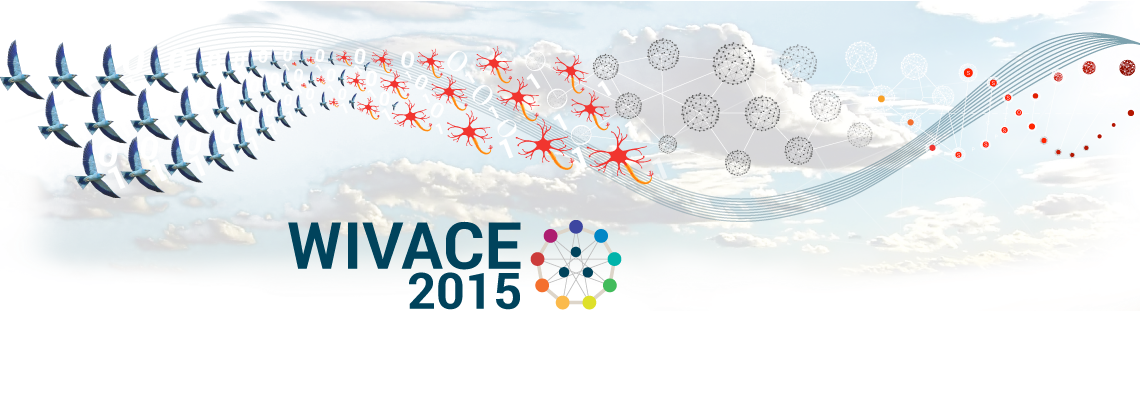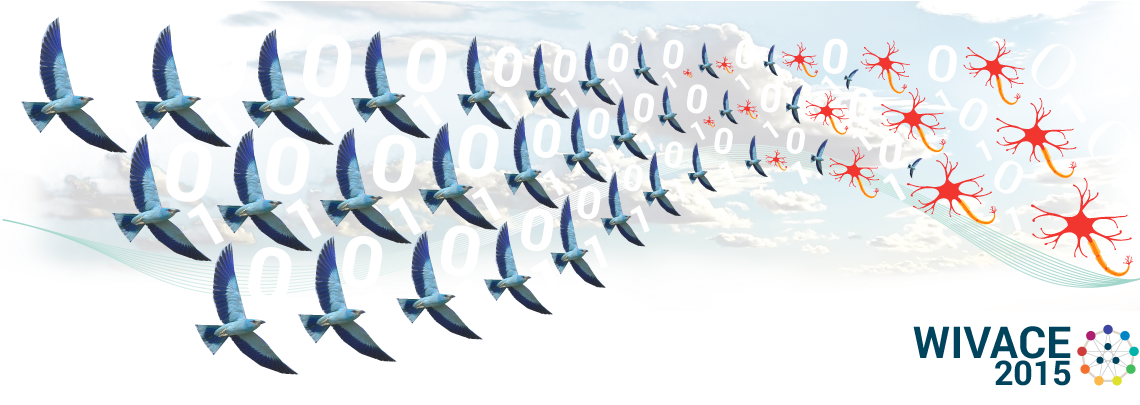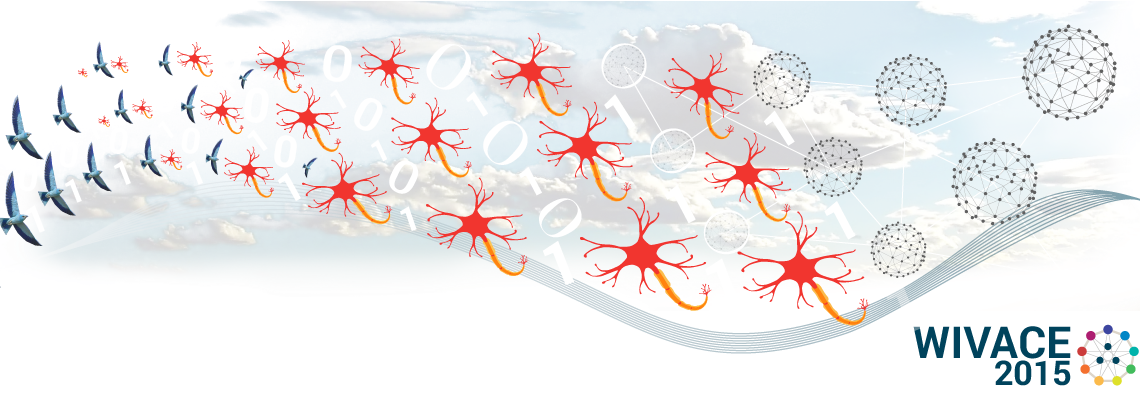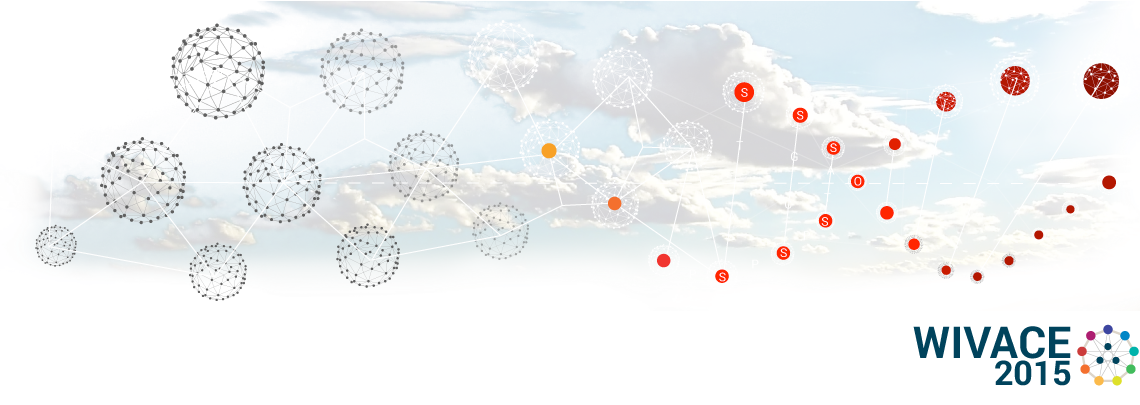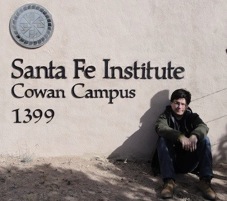
Ricard Solé
Universitat Pompeu Fabra - Barcelona
Homepage: http://complex.upf.es/~ricard/Main/RicardSole.html
TITLE
Synthetic evolutionary transitions: the rise of an alternative biosphere
ABSTRACT
The evolution of life in our biosphere has been marked by a number of major events of innovation. These major transitions represent a fundamental set of changes involving in most cases a new way of storing, processing and sharing information with other units. Multicellularity, cooperation, sight, neural structures and even consciousness are examples of these transitions. Despite the fact that we cannot exactly replicate these evolutionary events, it becomes possible to explore them by means of different "synthetic" approaches, including artificial life models, virtual worlds, evolutionary robotics and synthetic biology. Synthetic biology in particular provides unique framework to redefine the nature of innovations, explore new types of transitions and even create new ones including, perhaps, redesigning our own biosphere to prevent future catastrophic transitions.
Kepa Ruiz Mirazo
University of the Basque Country - Bilbao
Homepage: http://www.ias-research.net/people/kepa_ruiz-mirazo/
TITLE
Major transitions in prebiotic evolution: protocell systems in vitro and in silico
ABSTRACT
The process of origins of life is considered as the first fundamental evolutionary transition in biology, but very little is known about how it actually took place on Earth, or how it might occur in different, non-terrestrial conditions. Some recent advances from the fields of systems chemistry and synthetic biology are providing new insights to tackle this problem as a sequence of protocell developmental stages.
In contrast with the traditional way of approaching prebiotic evolution, conceived in the context of populations of naked RNA molecules competing to replicate faster and more accurately than the rest, procellularity brings a stronger systems perspective to the fore, without disregarding the evolutionary dimension of the problem.
The description of various experimental and theoretical models of protocellular systems will hopefully help to show how the exploration pathways and the general scope of origins-of-life research are being currently opened.
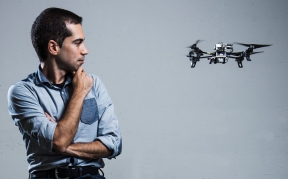
TITLE
Towards Agile Flight of Vision-controlled Micro Flying Robots: from Frame-based to Event-based Vision
ABSTRACT
Autonomous quadrotors will soon play a major role in search-and-rescue and remote- inspection missions, where a fast response is crucial. Quadrotors have the potential to navigate quickly through unstructured environments, enter and exit buildings through narrow gaps, and fly through collapsed buildings. However, their speed and maneuverability are still far from those of birds. Indeed, agile navigation through unknown, indoor environments poses a number of challenges for robotics research in terms of perception, state estimation, planning, and control. In this talk, I will give an overview of my research activities on visual navigation of quadrotors, from slow navigation (using standard frame-based cameras) to agile flight (using event-based cameras).

TITLE
Controlling swarms of cooperating robots.
ABSTRACT
Swarm robotics is about constructing and controlling swarms of autonomous robots that cooperate to perform tasks that go beyond the capabilities of the single robots in the swarm. In this talk, I will give an overview of recent and ongoing research in swarm robotics in my research lab, IRIDIA, at the Université Libre de Bruxelles. In particular, I will present results obtained with homogeneous and heterogeneous swarms of robots that cooperate both physically and logically in search and retrieval tasks.
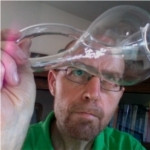
TITLE
The Principle of Least Cognitive Action
ABSTRACT
In this talk, I discuss the emergence of learning as the outcome of laws of nature, that govern the interactions of intelligent agents with their own environment. I introduce the principle of least cognitive action, which is inspired to the related mechanical principle, and to the Hamiltonian framework for modeling the motion of particles. I discuss the emergence of developmental issues at the outcome of the proposed framework, and show the application of the theory to learning with deep networks. I point out that the derived learning algorithms are very well-suited for capturing inherently continuous dynamics typical of speech and vision.
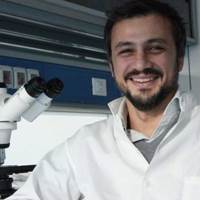
Christodoulos Xinaris
Laboratory of Cellular Biology and Regenerative Medicine IRCCS
Istituto di Ricerche Farmacologiche Mario Negri
TITLE
Will we ever grow artificial organs in the lab?
ABSTRACT
Producing new organs from human stem cells would be enormously useful for research and therapeutic purposes. A subset of the current methods aims to build organs, either by seeding acelullar scaffolds with progenitor cells, or by making use of 3D culture systems. Additionally, newly established technologies aim at generating whole human organs within host animal “containers” in vivo. In this lecture, Dr Christodoulos Xinaris will analyse these strategies, with special emphasis on the regeneration of the kidney, and discuss how could these technologies be employed to generate patient-specific kidney tissue from in vitro expanded cells, an ability that can potentially solve the problem of finding compatible donor organs.
